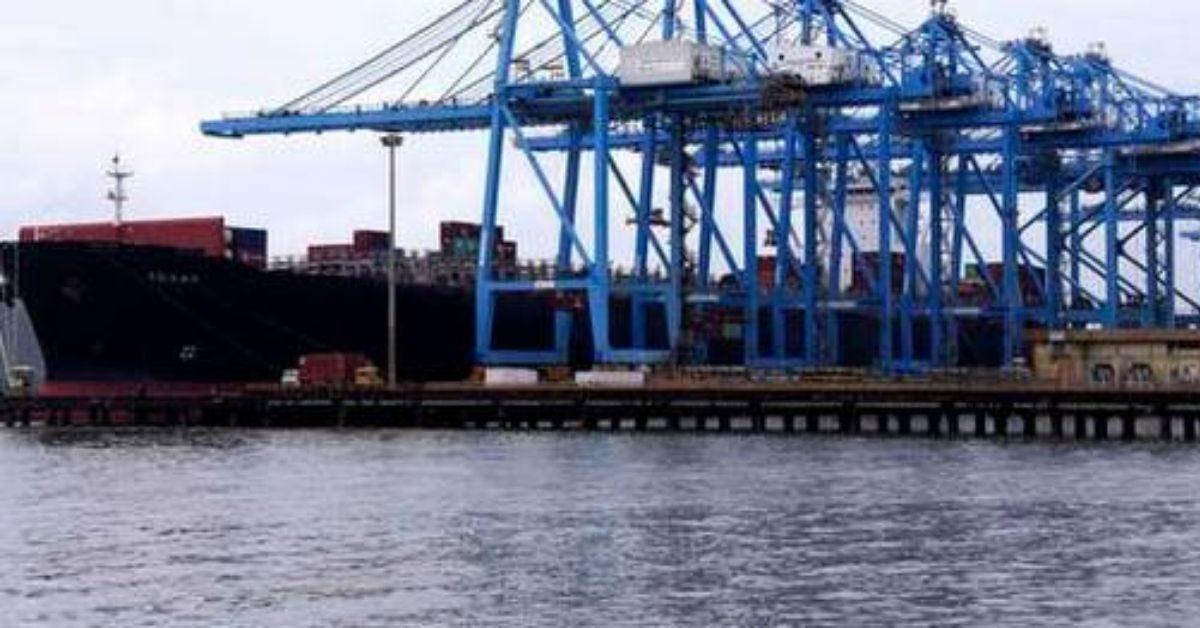In the same period last year, cargo movement via inland waterways was 80.44 mt, while cargo handled through the 12 major ports was 475 mt, data available with the Ministry of Ports, Shipping and Waterways (MoPSW) shows.
During this period, ports handled 15,285 vessels, up 8 per cent on the 14,171 vessels handled last year.
The major domestic ports include Kolkata Port, which includes both the Kolkata and Haldia docks, Paradip, Vizag, Kamarajar Port, Chennai, Tuticorin, Cochin, New Mangaluru, Mormugao, Mumbai port, Jawaharlal Nehru Port Trust, and Gujarat’s Kandla Port
The major ports saw a substantial improvement across parameters. For instance, the turnaround time for vessels at Indian ports improved by 6 per cent to about 48.46 hours (just about 2 days), as compared to 55.61 hours in April-November of 2022.
Turnaround time in the maritime industry refers to the duration it takes for a vessel to complete a round trip, from one point to another and return to its original location. It represents the time required for a ship to unload its cargo, load new cargo, perform the necessary operations, and be ready for its next voyage.
Similarly, idling at berth (as a percentage of total time at the berth) fell to 16 per cent — down nearly 24 per cent — in the 8M of FY24, as compared to 21 per cent in the year-ago-period. Idling at berth refers to the time the vessel remains idle, as compared to the total time it spends. Lower idle time means quicker completion of cargo handling, and readiness.
The output per ship, per berth stood at 18,457 tonnes, up 7.71 per cent in the 8M of FY24, as compared to 17,127 mt in the same period in the last fiscal.
The pre-berthing detention time of vessels (the time a ship waits before getting entry/ access to a berth) improved by 60 per cent, with the pre-berthing time dropping to 6.15 hours, as against 15.05 hours last year.








